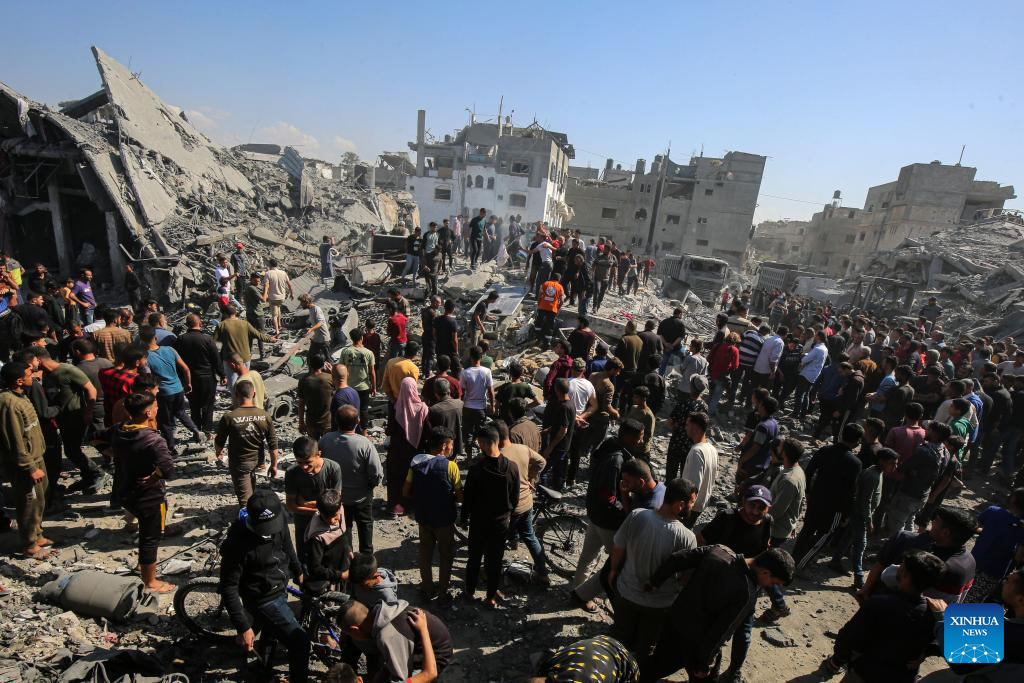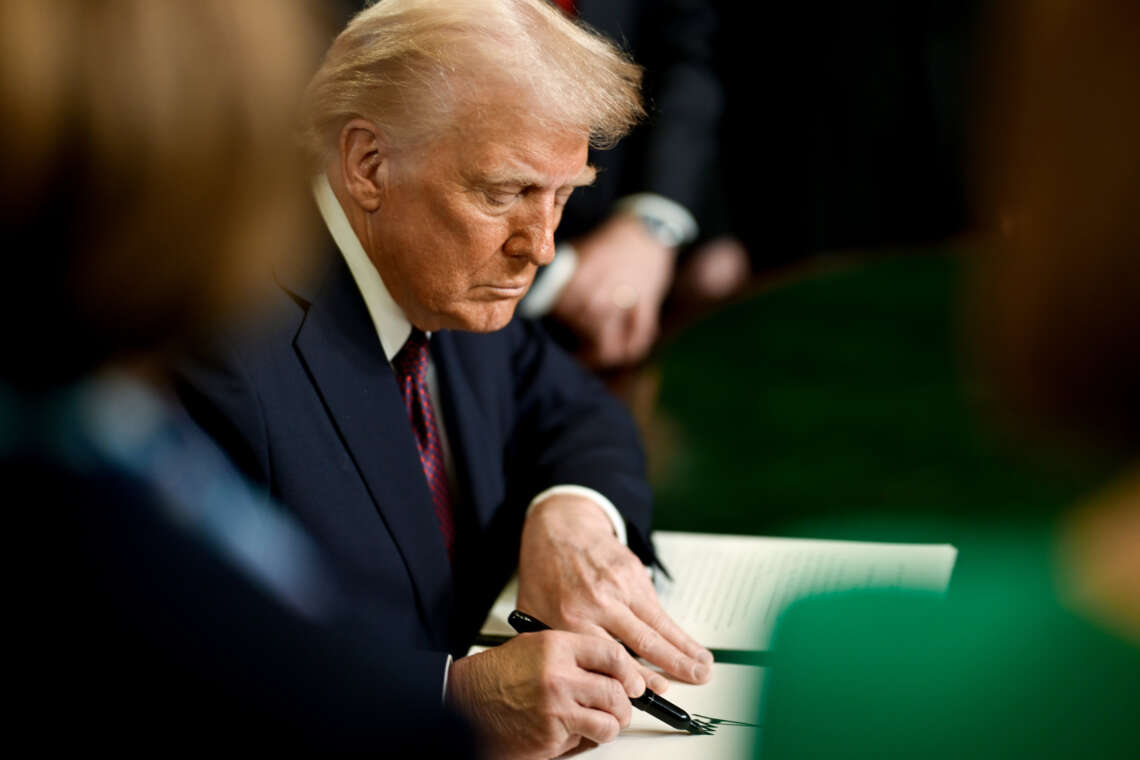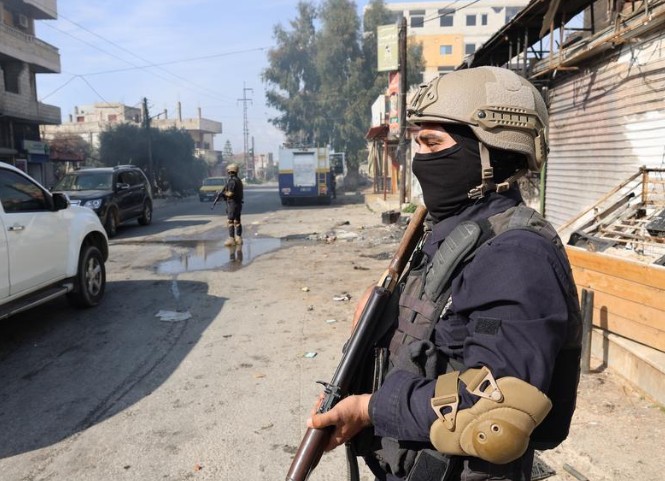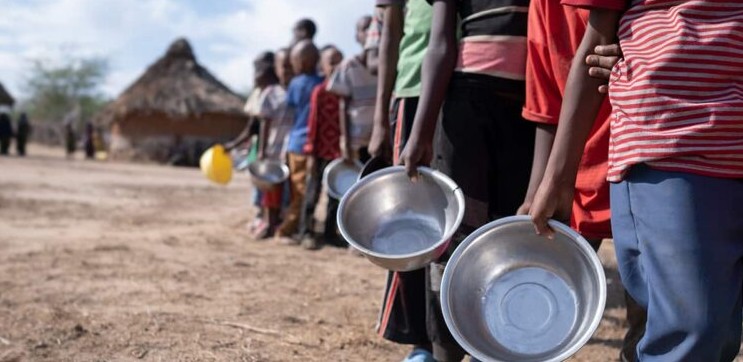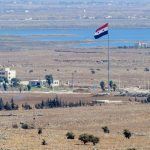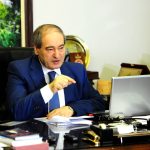The Arab League condemned the airstrikes and called on the international community and the United Nations to confront what it described as “repeated violations committed by Israel against the Syrian state.” The IDF reported that 12 fighter jets were involved in the airstrikes, which targeted key infrastructure, including anti-aircraft cannons and a surface-to-air missile launcher
The Israeli military confirmed that it had deployed forces in southern Syria to prevent the entry of “hostile forces” into Druze-majority areas, following a significant escalation in the region. On Friday night, Israeli warplanes launched what has been described as “the largest air attack” against Syria this year, targeting over 20 sites across six provinces. The operation has fueled regional tensions and drawn widespread condemnation.
The Israel Defense Forces (IDF) reported that 12 fighter jets were involved in the airstrikes, which targeted key infrastructure, including anti-aircraft cannons and a surface-to-air missile launcher. The IDF emphasized its commitment to “eliminate any threat in the area” and stated that operations would continue with a focus on safeguarding Israel’s security.
The Israeli government has claimed that the Druze community in Syria requested assistance amid its ongoing clashes with Syria’s pro-government forces, which have reportedly resulted in over 100 deaths. Despite Israel’s claims of protecting the Druze in Syria, Lebanese Druze leader Walid Jumblatt called for the community to reject “Israeli interference” in Syria’s internal affairs. “Preserving the (Druze) brothers in Syria involves rejecting Israeli interference,” Jumblatt said after meeting with Druze figures in Beirut to discuss the sectarian violence. The strikes have prompted swift condemnation from several international bodies. United Nations Secretary-General Antonio Guterres condemned the Israeli airstrikes, particularly those near Syria’s presidential palace in Damascus, urging Israel to respect Syria’s sovereignty and territorial integrity. “It is essential that these attacks stop and that Israel respects Syria’s sovereignty, unity, territorial integrity, and independence,” said UN spokesperson Stephane Dujarric.
UN Special Envoy for Syria Geir Pedersen also called for an immediate cessation of Israeli attacks.
On Friday, Saudi Arabia condemned the airstrikes targeting the vicinity of the presidential palace in Damascus, reiterating its “firm rejection of Israeli attacks” that violate Syria’s sovereignty, security, and stability. The Arab League condemned the airstrikes and called on the international community and the United Nations to confront what it described as “repeated violations committed by Israel against the Syrian state.”
Iraq’s Foreign Ministry also expressed its “categorical rejection” of Israeli actions, emphasizing that such attacks threaten Syria’s security and stability.
On Saturday, Iran’s Foreign Ministry spokesman Esmaeil Baghaei condemned the strikes “in the strongest terms,” accusing Israel of attempting to “destroy Syria’s defense, economic, and infrastructure capabilities” to pursue its broader regional ambitions. Baghaei called for “immediate and effective action by the international community” to halt Israel’s “aggression” against Syria.
The Syrian Observatory for Human Rights characterized the bombardment as the most intense of the year, with strikes hitting locations such as Mount Qasioun, Barzeh, and Harasta in Rural Damascus. The Observatory reported dozens of injuries, though the full extent of casualties remains unclear.
In another development, an Israeli Air Force helicopter delivered aid to the Druze-majority province of Suwayda in southern Syria. According to Israel’s Kan TV, the delivery was approved by Israeli political leadership, and 15 Druze Syrians were evacuated to Israel for medical treatment in recent days.
Hostage Crisis
Hezbollah remains firmly committed to armed resistance and will not consider disarmament under any circumstances, a senior official from the Iran-backed group said on Saturday. Mahmoud Qomati, deputy head of Hezbollah’s Political Council, made the remarks during a public gathering in Lebanon’s eastern Baalbek region, according to the state-run National News Agency.
Qomati accused the United States of leading a regional campaign, carried out by Israel, aimed at dismantling what he described as the “pride of the Arab nation” and eradicating resistance movements.
“We are still the force that the Israeli enemy fears,” Qomati said. “Israel and the United States continue to target us, while others echo hollow calls to disarm the resistance in Palestine and Lebanon, offering nothing in return. Let it be clear: disarmament is not on the table, at any price.”
Qomati warned that Lebanon faces mounting threats “from the south, east, north, and even the sea,” framing Hezbollah’s arms as a necessary component of national defense.
Hezbollah and Israel reached a ceasefire agreement on Nov. 27, 2024, ending 14 months of hostilities. The deal calls for Israeli withdrawal from Lebanese territory and for the Lebanese army to assume security responsibilities along the southern border, preventing the deployment of militants and weapons.
Earlier this week, Lebanese President Joseph Aoun said the army was moving “calmly and responsibly” to ensure state control over weapons nationwide. Hezbollah’s military autonomy remains a deeply divisive issue in Lebanese politics. Senior Hezbollah figures, including the current leader Naim Qassem, have repeatedly dismissed disarmament calls as unrealistic and detrimental to Lebanon’s security, saying such efforts only serve Israeli interests. ■

